Haiti
The United Nations on Monday replaced its peacekeeping mission in Haiti with a smaller police presence which is expected to be drawn down after two years as the country boosts its own force.
The new mission is known as the United Nations Mission for Justice Support in Haiti (MINUJUSTH) and is aimed at focusing on justice, human rights and police development.
The UN on Monday called the transition to MINUJUSTH a “turning point” for Haiti and said “the United States believes the transition from MINUSTAH to MINUJUSTH can serve as a model for how UN peacekeeping missions should adapt as a country’s needs change and its political situation evolves,”
“MINUJUSTH is composed of seven police units for a total of 980, whose work it will be to maintain order in the country. Three of these unites will be in the Port-au-Prince region and four others in the provinces,” said Special representative of the United Nations Mission for justice in Haiti, Mamadou Diallo.
The peacekeeping mission known as MINUSTAH, one of the longest-running in the world, was dogged by controversies, including the introduction of cholera to the island nation and sexual abuse claims.
“After 13 years of MINUSTAH presence, stability exists only name. It is a fai lure by MINUSTAH. This mission arrived in the country at a time of crisis. It was to calm the game. Maybe it has done it. But speaking of stability, the country isn’t stable,” said General Cordinator for the Haitian Observatory of Human Rights, Joinet Merzius.
President Jovenel Moise had earlier in the year said Haiti’s police force now stands at 15,000 officers, including rapid response personnel, up from 2,000 in 2004 when the U.N. mission arrived.




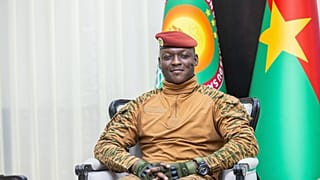
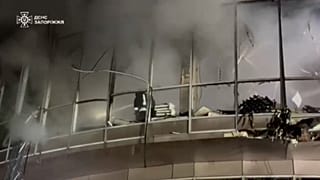
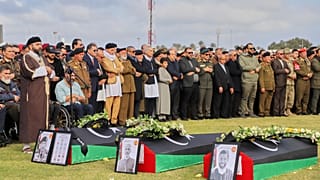
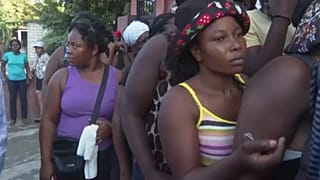
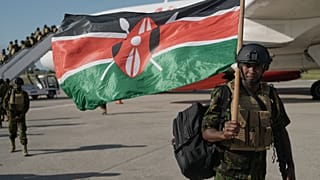


01:40
UN Finds dire conditions on first visit to Sudan’s el-Fasher since its fall
01:33
UN Security Council divided over Israel’s recognition of Somaliland
02:01
UN Chief urges world leaders to choose peace over war in new year message
01:14
CAR deploys armed forces and MINUSCA to secure elections
00:42
UN condemns deadly drone strike on peacekeepers in Sudan’s Kordofan
01:58
Femicide not officially recognised in Kenya despite rising cases